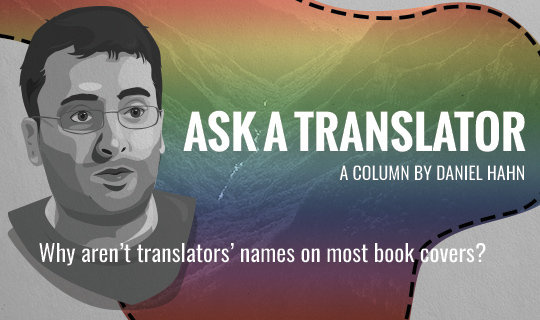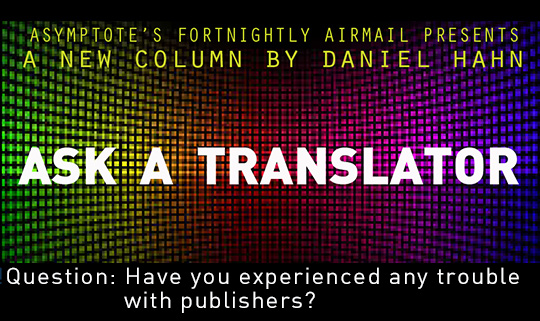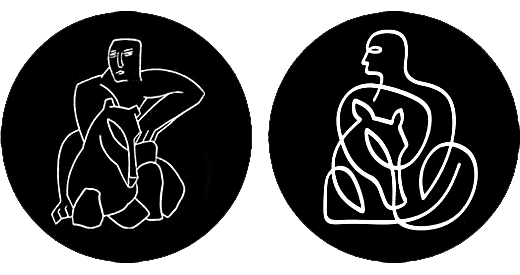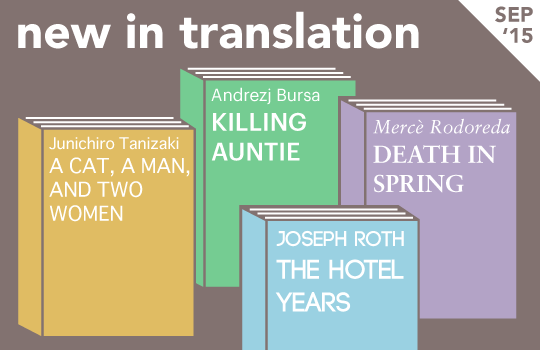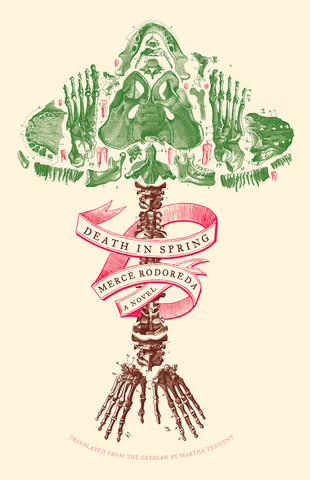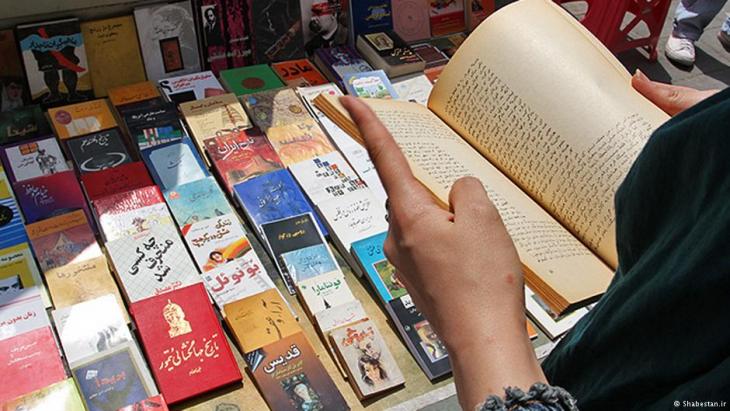Since 2013 we’ve been bringing you the latest news in the literary world, and we’re not about to stop anytime soon! This week our Executive Assistant, Cassie Lawrence, showcases the latest exciting books being published and prizes being awarded in the UK; our new Editor-at-Large from Brazil, Lara Norgaard, focuses on racial and gender diversity in festivals across the country, as well as newly published work that had been previously lost; finally, our Editor-at-Large for Taiwan, Vivian Szu-Chin Chih, fills us in on the latest prizes as well as film festivals happening right now!
Cassie Lawrence, Executive Assistant at Asymptote, reports from the UK:
An unpublished manuscript from the late author Maurice Sendak (known for Where the Wild Things Are) has been discovered. The manuscript is complete with illustrations and is said to date from twenty years ago, according to Publishers Weekly. A publisher for the new title has not yet been announced.
June 20-23 saw twenty British writers and over fifty literature professionals from around the world gather in Norwich as part of the International Literature Showcase. An online platform that allows the showcasing and collaboration of international literature organisations, the live event included panel discussions and readings from Elif Shafak, Graeme Macrae Burnet, David Szalay, and more.
Good news for libraries finally! Following the cuts that have taken place across the country in recent years, The Bookseller brings news that 14 libraries across Lancashire are set to reopen later this year and early next year. These will be partly run by community groups, but with the majority still being run by the council.
READ MORE…


